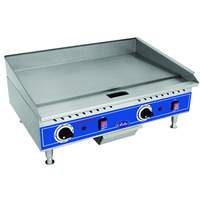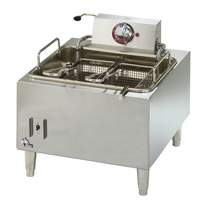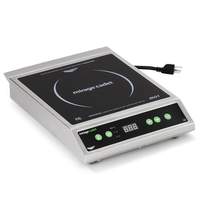Mobile food operations have taken America by storm. Some attribute recent growth to the economy, others to young adults’ willingness to try specialty food on the go; but no matter the reason, mobile food businesses are now a $1 billion industry. Are you contemplating going mobile?
Whether a mobile food unit will be the heart and soul of your business, or just an extension of your existing brick & mortar, there are numerous ways to enter this sector of the industry. Here are some of your options:
Food trucks
In recent years, food trucks have become very popular in urban and suburban areas. To start, a quality vehicle with 16 feet or more of working space for cooking and serving food will be needed - maybe less if you’re serving prepared items or ice cream. These all-in-one units allow operators to drive from place to place to sell food in multiple locations throughout the day.
Research city licensing requirements and work with the experts at ACityDiscount to ensure your food truck is designed to function efficiently. Food trucks will likely need a hand-washing sink, a three-compartment sink with drain boards and number of pieces of cooking equipment, depending on menu. Not to mention smallwares and proper refrigeration!
Food carts
Hit the streets of any major city and a variety of food carts are parked on most busy street corners. From ice cream and gelato to hot dogs and kabobs, mobile carts are typically moved by hand and wheeled from location to location. One person usually works a mobile food cart which features either cooking / heating equipment or refrigeration, depending on what food is served. Food carts have seen increased interest after higher end food trucks have helped to break some of the remaining stigmas that were often associated mobile food.
Concession trailers
Concession trailers are typically found at fairs, concerts and sporting events. These trailers must be moved by a separate vehicle and are then unhitched at the venue. Concession trailers tend to remain in one location throughout the day or length of the event, as it can be a bit more of a time consuming process to set up for business. Concession trailers can be used to cook and serve a variety of food, and many are customized with sinks, a fryer, a grill and more.
Unlike food carts, concession trailers are large enough to accommodate two or three people to prepare and serve the menu items. Keep in mind, that if traveling with a concession trailer, that there are a number of location-specific food licensing requirements and local codes and ordinances should be researched before every trip.




